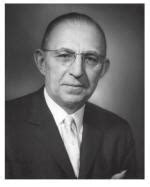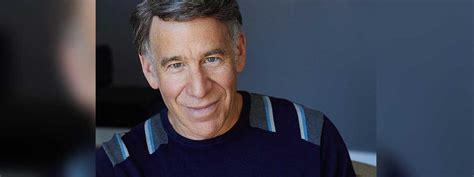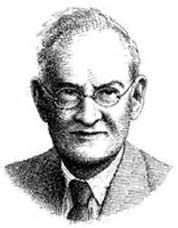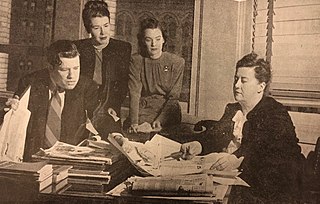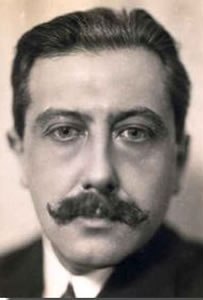A Quote by Herbert V. Prochnow
There is nothing that makes a man more self-satisfied than a poor memory.
Related Quotes
When hard times come, the greatest danger does not necessarily lie in the circumstances we face, but rather in the way we treat ourselves at the time. Nothing is more dangerous than self-hate. Nothing makes it more difficult to heal or to find the grace of peace than self-attack and the agony of self-doubt.
Nothing could be more absurd than moral lessons at such a moment! Oh, self-satisfied people: with what proud self-satisfaction such babblers are ready to utter their pronouncements! If they only knew to what degree I myself understand all the loathsomeness of my present condition, they wouldn't have the heart to teach me.
